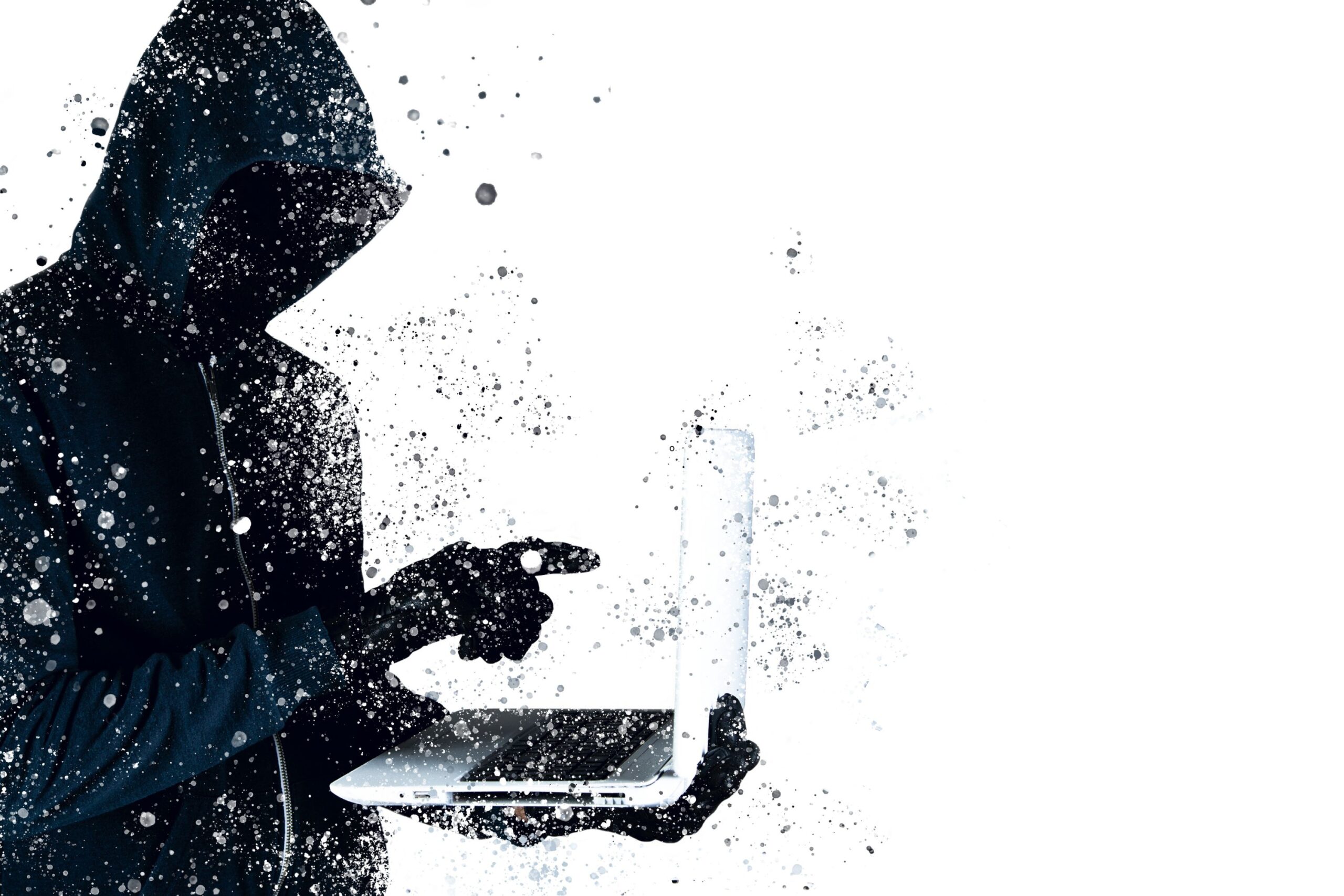In today’s digital age, the prevalence of computer crimes has risen dramatically, posing unique challenges for law enforcement and individuals alike. In Colorado, computer crimes encompass many offenses, from hacking and identity theft to cyberbullying and online fraud. Accusations of computer crimes can have far-reaching consequences, potentially affecting personal reputation, professional standing, and even freedom.
Understanding Computer Crimes in Colorado
Computer crimes, also known as cybercrimes or electronic crimes, involve illegal activities using computers, networks, or other digital devices. These offenses are characterized by their reliance on technology to commit unlawful acts, making them distinct from traditional crimes. Some common types of computer crimes in Colorado include:
- Hacking: Unauthorized access to computer systems or networks to steal information, disrupt services, or cause damage.
- Identity Theft: Illegally obtaining and using someone else’s personal information, such as credit card details or Social Security numbers, for fraud.
- Cyberbullying: Using digital platforms to harass, intimidate, or threaten individuals, particularly on social media.
- Online Fraud: Engaging in fraudulent schemes or deceptive practices to deceive victims and obtain money or sensitive information.
- Phishing: Using deceptive emails or websites to trick individuals into revealing personal information or login credentials.
- Distribution of Malware: Spreading malicious software to compromise computer systems and steal data.
- Cyberstalking: Using electronic means to harass or track someone online repeatedly.
The Legal Implications of Computer Crimes
Being accused of a computer crime in Colorado can lead to severe legal consequences, as law enforcement and the judicial system take these offenses very seriously. Convictions for computer crimes may result in substantial fines, restitution orders, probation, and, in some cases, significant prison sentences. Additionally, a criminal record for computer crimes can have lasting effects on one’s personal and professional life, affecting future employment opportunities, educational pursuits, and professional licenses.
The Complexity of Cyber Offenses
Cyber offenses present unique challenges due to their technical nature and the often borderless nature of the internet. Investigating computer crimes requires specialized expertise in digital forensics and cyber law enforcement. Tracing the origin of cyberattacks, identifying perpetrators, and preserving digital evidence can be intricate tasks that demand skilled investigators and cutting-edge technology.
Cybercrimes often involve sophisticated tools and techniques, making them difficult to detect and trace. Criminals may employ anonymizing networks, encryption, and other advanced methods to conceal their identities and activities. As a result, the pursuit and prosecution of cyber offenders can be complex and time-consuming.
The Role of Skilled Legal Representation
If you find yourself accused of a computer crime in Colorado, the complexities of these cases highlight the importance of seeking skilled legal representation immediately. An experienced attorney specializing in cybercrime defense can be instrumental in protecting your rights, crafting a solid defense strategy, and navigating the intricate legal landscape.
A defense attorney well-versed in cybercrime law can leverage their understanding of evolving technology and digital evidence to build a compelling defense tailored to your circumstances. They may collaborate with digital forensics experts and other specialists to analyze the evidence thoroughly and present a robust case in court.
Computer crimes in Colorado present unique challenges due to their technical complexities and the rapidly evolving nature of technology. Accusations of cyber offenses can lead to serious legal consequences and lasting repercussions on personal and professional life. If you face such charges, seeking skilled legal representation is paramount.
About the Author:
Kimberly Diego is a criminal defense attorney in Denver practicing at The Law Office of Kimberly Diego. She obtained her undergraduate degree from Georgetown University and her law degree at the University of Colorado. She was named one of Super Lawyers’ “Rising Stars of 2012 & 2019-2022” and a “Top 100 Trial Lawyers in Colorado” for 2012-2022 by The National Trial Lawyers. Both honors are limited to a small percentage of practicing attorneys in each state. Additionally, Expertise names her to its lists of the 25 Best Denver DUI Lawyers and 21 Best Denver Criminal Defense Lawyers, both in 2020-2022. Ms. Diego has also been recognized for her work in domestic violence cases.






